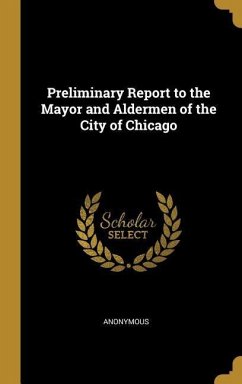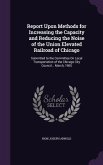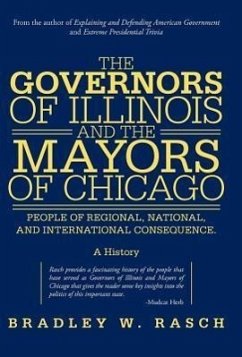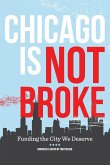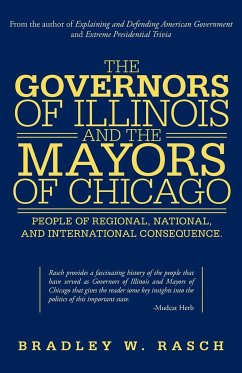In the United States, Chicago provided Socialism with a soapbox for firebrand speechmaking, a home for political exiles and a springboard for activism. When Josephine Conger-Kaneko began printing The Socialist Woman in 1909 and then ran for alderwoman in 1914, she could appeal to an audience and an electorate sympathetic to the Socialist Party in unprecedented numbers. Because Chicago was also a stronghold of the mercantile and political interests most dramatically opposed to the Socialist Party, the city frequently served as a pressure cooker for the nation's economic and ideological tension. That tension boiled over in incidents like the 1886 Haymarket Riot, the 1894 Pullman Strike and the 1919 Race Riots and continues to dictate the terms of engagement for contemporary protest movements and labor disputes. In this first comprehensive history of Socialism in the Windy City, author Joseph Rulli examines these major events through the largely unchronicled lives of the Chicago citizens who experienced them, from centennial garment workers to millennials with megaphones.
Hinweis: Dieser Artikel kann nur an eine deutsche Lieferadresse ausgeliefert werden.
Hinweis: Dieser Artikel kann nur an eine deutsche Lieferadresse ausgeliefert werden.


